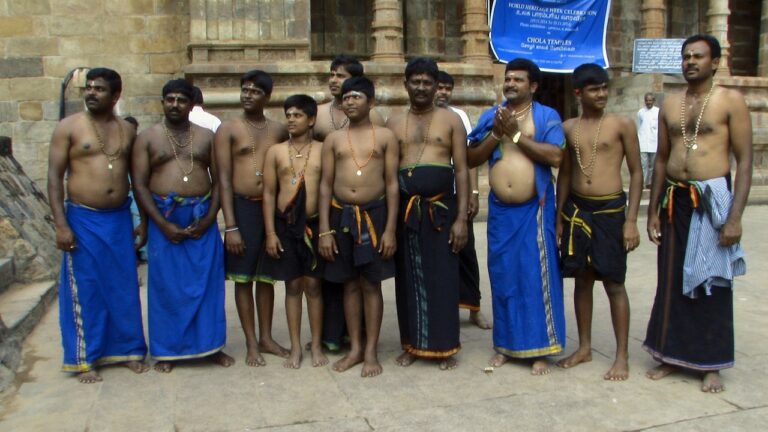The Influence of Political Action Committees on Election Outcomes
Political Action Committees (PACs) have a rich history deeply intertwined with the evolution of American politics. Established in the 1940s to support specific candidates or legislative issues, PACs quickly gained prominence as influential players in the political arena. Initially limited in their activities, PACs eventually expanded their scope to include independent expenditures, contributing significantly to the financial landscape of campaigns. Over time, PACs have become a crucial aspect of modern political campaigning, representing diverse interests and shaping electoral dynamics.
As PACs grew in number and influence, regulations surrounding their operations underwent significant changes. The Federal Election Campaign Act of 1971 and subsequent amendments imposed restrictions on PAC fundraising and spending to ensure transparency and accountability. These regulations aimed to prevent corruption and limit the undue influence of money on politics. Despite these limitations, PACs continue to play a pivotal role in shaping electoral outcomes and influencing policy decisions at both the federal and state levels.
The Role of Money in Politics
Political campaigns in modern times are heavily influenced by the role of money. Donations from individuals, corporations, and special interest groups play a significant role in shaping the outcome of elections. The ability to fundraise large sums of money is often seen as crucial to a candidate’s success in gaining traction and visibility in a crowded political landscape.
The influx of money into politics has led to concerns over the potential for corruption and undue influence. Critics argue that the influence of wealthy donors and powerful interest groups can distort the democratic process, skewing policies and decisions in favor of those who can afford to contribute the most. As campaigns become more expensive and competitive, the pressure to raise significant funds can undermine the principles of fair representation and accountability in government.
The Impact of PACs on Campaign Messaging
Political Action Committees (PACs) have undoubtedly reshaped the landscape of campaign messaging in contemporary politics. With their financial power, PACs can heavily influence the tone and content of political advertisements and messaging strategies. By injecting significant funds into the campaigns of candidates they support, PACs can steer the narrative and highlight specific issues or attack opponents with targeted messaging.
Moreover, the proliferation of PACs has led to the rise of issue-based advertising, where PACs focus on promoting or denouncing particular policies rather than endorsing individual candidates. This strategy allows PACs to shape public perceptions on key policy matters and influence voters’ opinions before they even enter the voting booth. As a result, campaign messaging has become more issue-driven and polarized, with PACs playing a central role in framing the political discourse surrounding important policy debates.
What are Political Action Committees (PACs)?
Political Action Committees (PACs) are organizations that raise and spend money to support or oppose political candidates, legislation, or issues.
How do PACs impact campaign messaging?
PACs can influence campaign messaging by providing financial support to candidates, creating advertisements, and conducting research on the best ways to communicate their messages to voters.
Are PACs required to disclose their donors?
Yes, PACs are required to disclose their donors and expenditures to the Federal Election Commission (FEC).
How have PACs evolved over time?
PACs have become increasingly influential in American politics since their creation in the 1940s, with their spending on campaigns growing significantly over the years.
What is the role of money in politics?
Money plays a significant role in politics by allowing candidates and organizations to fund their campaigns, reach voters through advertising, and support their policy positions.







